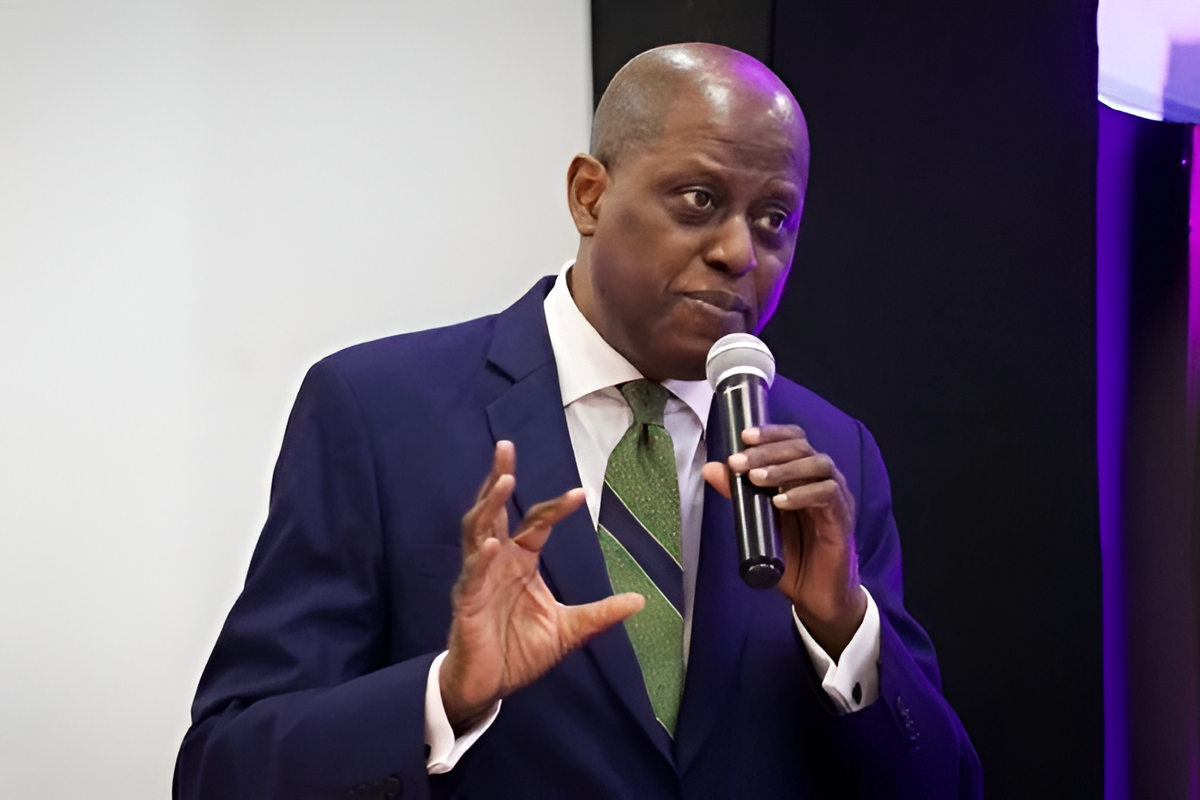Nigeria’s economic situation remains a subject of intense debate, with conflicting perspectives emerging from various stakeholders. While Governor of the Central Bank of Nigeria (CBN) Olayemi Cardoso paints a picture of a recovering economy supported by recent inflows and policy reforms, others express concerns about rising hardships and call for more sustainable solutions.
Cardoso’s Optimism:
Cardoso highlighted a positive outlook based on several factors:
- $1.8 billion inflow: This recent injection of foreign investment reflects renewed confidence in the economy, according to Cardoso.
- Policy reforms: Implementation of reforms by the government and CBN is attracting international investors, he claims.
- Confirmation by rating agencies: International Monetary Fund (IMF) and Fitch Ratings have revised their outlook on Nigeria to more positive, citing policy progress.
Cautious Voices:
Despite Cardoso’s optimism, concerns remain:
- Catholic Bishops: They raised concerns about the rising hardship faced by Nigerians and its impact on their well-being.
- Atiku Abubakar: The former Vice President criticized the current administration’s lack of openness to sound advice and questioned its handling of foreign loans and corruption.
- Bauchi State Governor: Bala Mohammed lamented the negative impact of currency depreciation on his state’s development plans.
- African Development Bank (AfDB): It warned of potential social unrest in Nigeria and other African nations due to rising prices.
Challenges Acknowledged:
Cardoso acknowledged the current challenges:
- Inflation: He linked it to excessive liquidity injected into the economy through “Ways and Means” financing, a practice he criticized.
- Consumerism: Nigeria’s dependence on imported goods was identified as a key weakness contributing to foreign exchange pressures.
Proposed Solutions:
Cardoso urged Nigeria to:
- Transition from consumer to producer nation: This would reduce reliance on imports and generate export revenue.
- Moderate demand for foreign goods: This would ease pressure on the foreign exchange market.
- Continue policy reforms: Sustaining progress on reforms is crucial for maintaining investor confidence.
Conclusion:
Nigeria’s economic outlook remains clouded, with contrasting perspectives highlighting both positive signs and persistent challenges. While Cardoso advocates for optimism based on specific indicators, concerns about widespread hardship and structural weaknesses cannot be ignored. Addressing these issues through concrete actions like reducing reliance on imported goods and ensuring responsible fiscal policies will be essential for achieving sustainable economic recovery.
Source: ThisDay

















